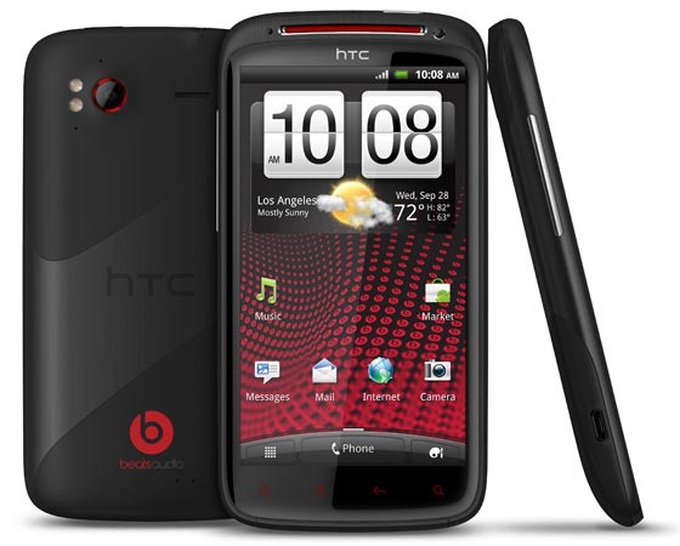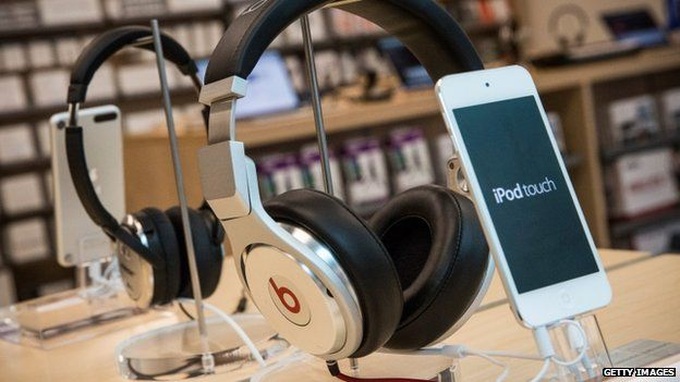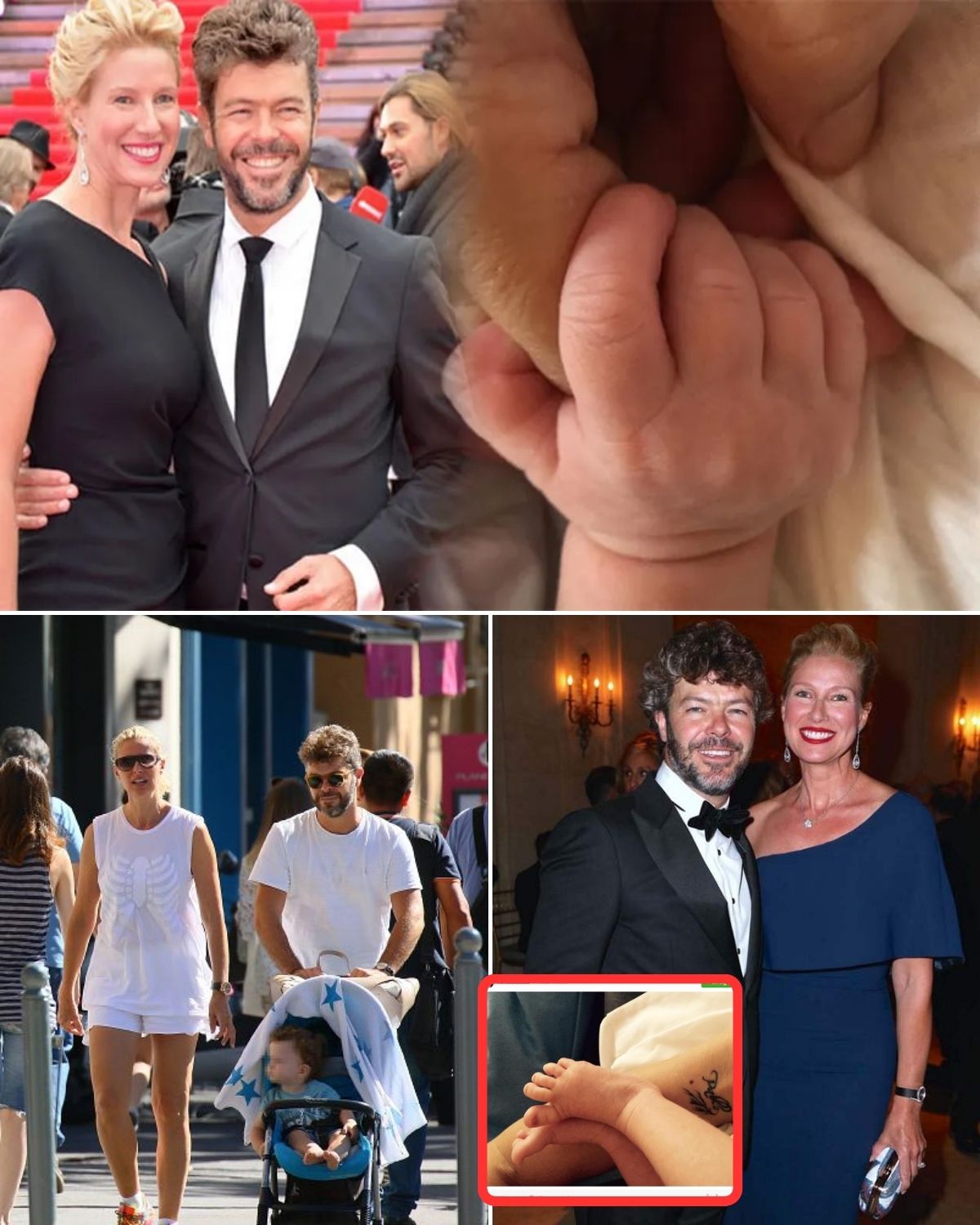Beats is the brand of choice in the music and sports world in the US.

Recently, in an interview after the victory against Atlanta United, defender DeAndre Yedlin revealed that Lionel Messi gave pink and black headphones to the entire Inter Miami team. These two colors are also the symbol of Inter Miami.
Sports Tiger said, this Beats by Dre headset costs $ 4,000 (about 94.8 million). Calculations show that the Argentine star is said to spend about 108,000 USD (about 2.6 billion VND) giving gifts to teammates.

HTC’s failed investment
Beats by Dr. Dre (Beats) is a company founded in 2006 by American rapper Dr. Dre and Jimmy Iovine. At this point, Jimmy Iovine recognized two main problems in the American music industry including piracy of music works and substandard sound quality due to headphones.
Beats originally partnered with audio and video production company Monster Cable. The first product under the Beats brand was launched in July 2008.
In August 2011, phone maker HTC bought a 50.1% stake in Beats for $300 million. Under the agreement, the phone company decided to incorporate Beats headphones and audio technology into its products.

HTC once invested in Beats in the hope of competing with competitors in the market (Photo: TechCrunch).
In early 2012, BusinessWeek reported that Beats and Monster Cable would stop collaborating at the end of the year. The two founders will be directly involved in product research and production.
Even so, HTC’s smartphone market share is still declining due to competitive pressure from Apple and Samsung. The company’s profit in the second quarter of 2013 fell by 83% compared to the same period last year.
In July 2012, HTC began withdrawing capital from Beats and sold half of its shares for $150 million. HTC remains the largest shareholder with 25.1% share capital.
At this point, HTC says that move will give Beats more flexibility in expanding globally. However, analysts say that the investment in Beats does not give HTC a significant advantage over rivals.
By September 2013, HTC said it would sell the remaining shares for $ 265 million. The Wall Street Journal at the same time reported that Carlyle Corporation poured $500 million into Beats. This audio equipment maker is valued at $1 billion.
In early 2014, the business launched Beats Music – an online music streaming platform. CEO Ian Rogers is very proud of the platform.
Under the shadow of Apple
Just a few years after its launch, Beats has become the brand of choice in music and sports circles, and a market leader in the premium headphone market.
Music superstars including Lady Gaga, Lil Wayne and Nicki Minaj chose the label to design personalized headphones and speakers.

Apple bought Beats for $ 3 billion (Photo: Times).
Fashion designers and street artists such as Alexander Wang, Futura and Snarkitecture also have special limited products from Beats. Famous athletes including LeBron James, Serena Williams and Neymar use the product as an important part of their training and competition.
In May 2014, Apple announced the acquisition of Beats for $ 3 billion – the largest deal in the history of the technology giant. After this deal, founder Dr. Dre became the first billionaire in the hip-hop artist world. For the Carlyle corporation received a profit of $ 1 billion from the sale of shares.
After closing the deal in August 2014, Apple fired 200 Beats. Beats Music then shut down after Apple launched Apple Music in June 2015.
Two months after Apple’s handover, Beats was accused by audio maker Bose of infringing on its patent with its noise-cancelling technology. Bose wants to ban products in the US.
In response, Apple removed Bose products from the Apple Store. However, two months later, Bose products were back on store shelves and the lawsuit was settled in October 2014.
In January 2015, former partner Monster Cable sued Beats for using tricks to force the company out of the joint venture but forfeiting the copyright to the technologies and products it had co-developed. In addition, Cable accused Beats of influencing retailers not to distribute competing Monster products.
In June 2015, the Wall Street Journal reported that Apple retaliated by revoking Monster’s membership in the MFi (Made for iPhone/iPad/iPod) project. Monster can no longer manufacture accessories licensed for use with Apple products and ceases to sell MFi-licensed products. The company’s lawsuit was also dismissed in August 2016.





